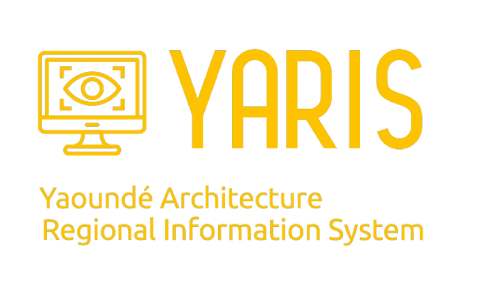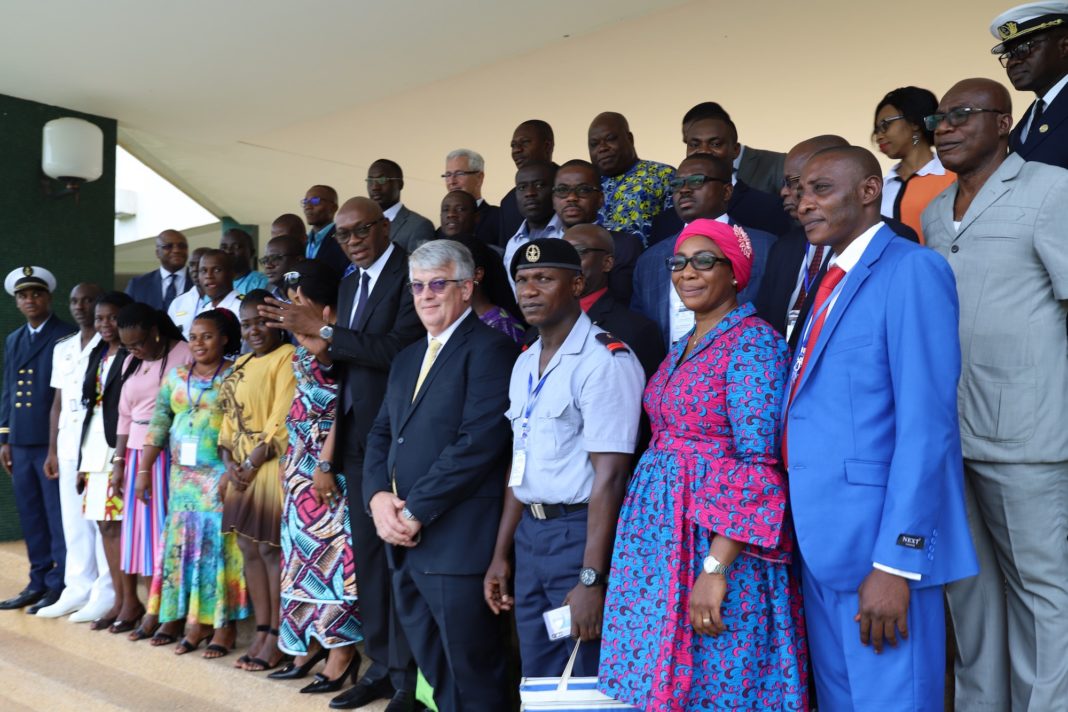Abidjan, 23 October 2019 – Twenty seven professionals from the maritime sector from 9 countries in the Gulf of Guinea have recently successfully completed a 2 month training programme in maritime safety and security. The training was delivered by the ISMI (Institute of Interregional Maritime Safety) in Abidjan, with the support of the European project GoGIN.
For two months, the 27 executives from Senegal, Guinea Bissau, Guinea, Ivory Coast, Togo, Gabon, Sao Tome & Principe, Burundi and DR Congo developed their maritime culture by taking technical courses (navigation, vessel knowledge, maritime trade, information systems, maritime law, maritime and technical English), and by undertaking operational exercises (sea rescues, IUU fishing, security, crisis management). This period allowed participants to build professional networks which will be an asset for future exchanges between the administrations and countries of the region, at the heart of the Yaoundé Architecture.
This training was delivered by the ISMI (Institute of Interregional Maritime Safety) in Abidjan, with the support of the European project GoGIN. The ISMI is a specialist institute that forms part of the ARSTM (Regional Academy of Maritime Sciences and Techniques), which has organised 6 sessions of this type since 2013 with the support of CRIMGO and GOGIN.
The closing ceremony was chaired by Colonel Karim Coulibaly, General Director of the ARSTM, in the presence of the CRESMAO representative and the GoGIN team (Nuno Monica, Eric Glotin, Christophe Deldique). The training is coordinated by Captain Olivier Combes, head of advanced training at ARSTM and GoGIN focal point.
This same training is also delivered in English by the RMU (Regional Maritime University) in Ghana and there are plans to replicate it in Portuguese at the University of Cap Verde in 2020.
Thanks to this training programme, the professional community involved in the centres of the Yaoundé Architecture, as well as peripheral administrations, will benefit from a common root of technical knowledge, thereby creating the conditions for the improved coordination of activities.
See the content of the course on ISMI website.

